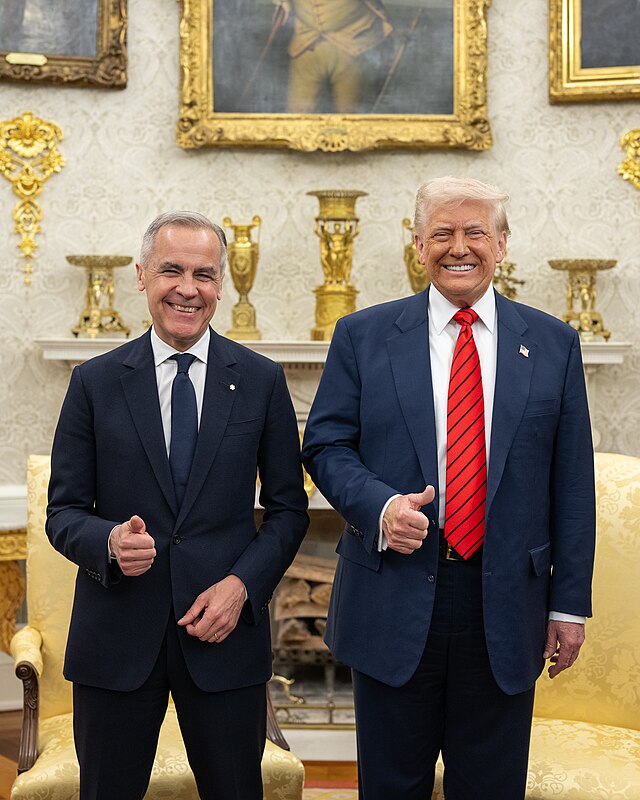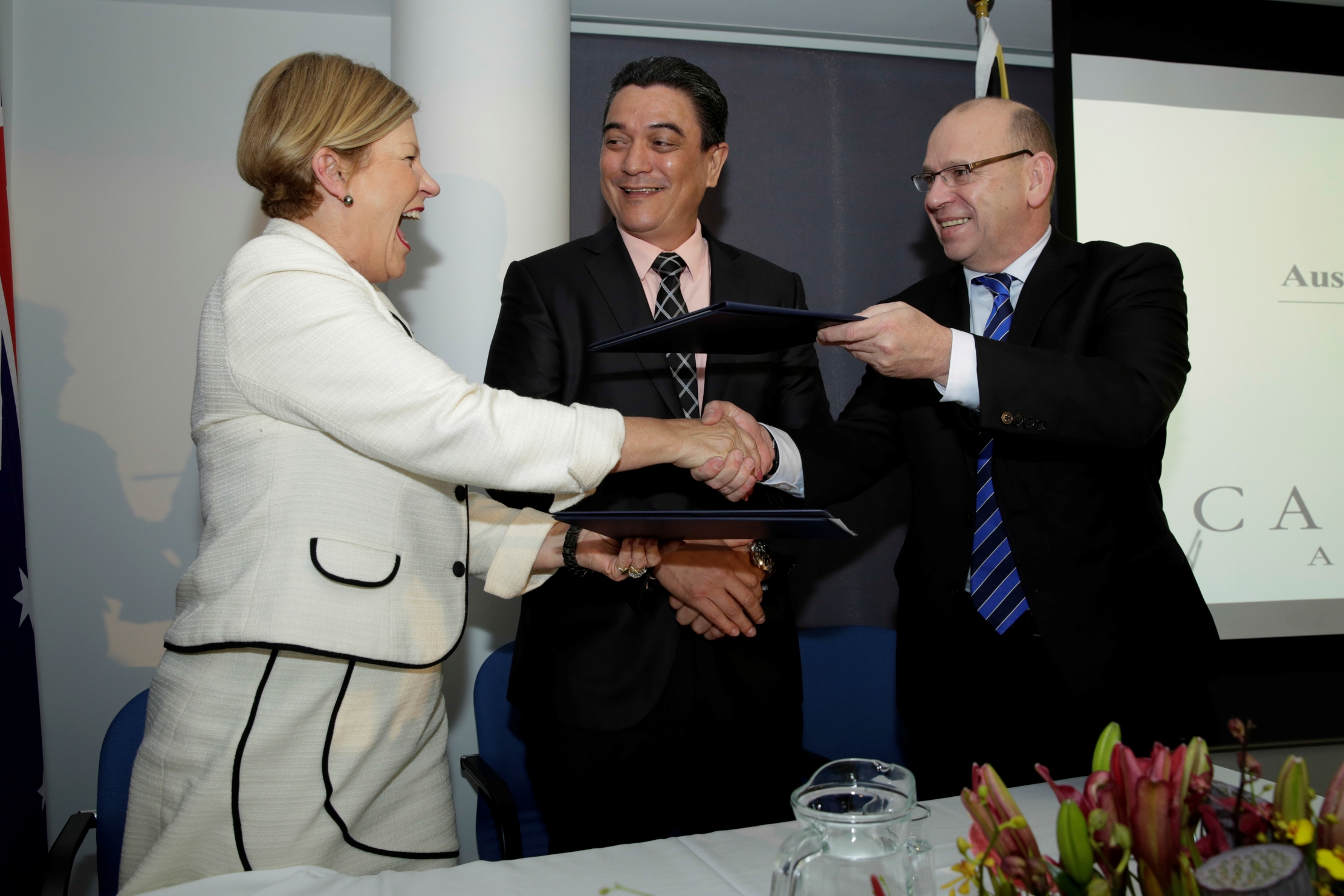White House Policy Initiative Revealed to be Mad-Libs Gone Wild, Sources Confirm
 Photo: Unknown
Photo: Unknown
In an unprecedented revelation, confidential sources within the White House have confirmed that policy initiatives thought to have been meticulously crafted in the heart of the world’s most powerful nation are, in fact, the result of an anarchic game of Mad-Libs played by the ruling elite. Yes, you read that correctly. The same process that brought about such childhood gems as “My fluffy cat dances with a green pickle” now shapes the very fabric of our democracy.
One insider, who asked to remain anonymous due to fear of retribution, painted a chilling picture of the inner workings of the Oval Office. “It’s a free-for-all in there,” the source said. “Cabinet members huddled around the Resolute Desk, pencils in hand, filling in the blanks of partially written legislation. The word ’noun’ is replaced with ‘foreign nation,’ ‘verb’ with ‘military action.’ And adjectives? ‘Sanction level.’ It’s terrifying.”
The source further revealed that this method has been used to draft a number of key policies, from foreign affairs to economic reform. “Remember the sudden shift in our relationship with Greenland? Mad-Libs. The inexplicable tax breaks for left-handed alpaca breeders? Mad-Libs,” the source shared, on condition of strict anonymity.

But how did such an absurd system take root in the corridors of power? The trail, it seems, leads back to a covert Pentagon program known as Operation Fuzzy Wobbler. Declassified documents indicate that Operation Fuzzy Wobbler, shrouded in secrecy since its inception in 1963, was designed as a Cold War experiment to test the viability of randomness as a government policy tool, ostensibly to confuse and destabilize foreign intelligence networks.
Cabinet members huddled around the Resolute Desk, pencils in hand, filling in the blanks of partially written legislation.
Dr. Arnold Kinkaid, a former operative in the CIA’s psychological warfare division, described the inherent advantages of such a system. “When your policy-making is fundamentally unpredictable, it makes you an enigma to foreign powers. They can’t counter your moves if they can’t anticipate them. It’s total chaos theory.”

Despite the seemingly absurd nature of this revelation, there are those who insist that this method is not only real, but extremely effective. However, this Mad-Libs strategy is not without its detractors, and they warn of the risks of leaving important policy decisions up to the whims of chance.
Before we delve into the frightening implications and potential fallout of this revelation, it’s crucial to understand how this ludic approach to governance has shaped America’s current geopolitical landscape…
The word 'noun' is replaced with 'foreign nation,' 'verb' with 'military action.' And adjectives? 'Sanction level.' It's terrifying.

To understand the magnitude of this maelly system and its sweeping effects on the global stage, one need only look at the recent, seemingly inexplicable decision to impose trade sanctions on Antarctica. When asked about the logic behind this move, a senior official, who wished to remain unnamed, stated, “The word ‘adjective’ came up and someone blurted out ‘frigid’. The closest match on the globe was Antarctica. So, we sanctioned them.”
Indeed, the random nature of this method has led to a wave of unpredictability on the world stage, leaving allies and adversaries alike, puzzled and often peeved. Professor Theodore Krumm, a leading expert on international relations at Yale University, remarked, “While the randomness may initially present itself as a strategy, the lasting effects are antithetical to successful diplomacy. Allies feel they’re walking on eggshells. Adversaries feel they have nothing to lose.”
However, the most striking and potentially alarming revelation shared by our White House insider is that the Mad-Lib method is not just shaping policy, but also informing key appointments within the administration. “The ‘verb’ was ‘appoint’, the ’noun’ was ‘Surgeon General’, and the ‘adjective’ was ‘musical’. Next thing we knew, we were shaking hands with the new Surgeon General, Sir Andrew Lloyd Webber.”

This absurdly haphazard approach to governance is not only confounding international norms but also profoundly reshaping the internal workings of the US administration. But with the cat - or should we say “fluffy green pickle” - out of the bag, what’s next for American governance?
Interestingly, our anonymous source suggested that the administration is beginning to question the long-term viability of their Mad-Lib methodology, particularly in the wake of public scrutiny. “There’s talk of shifting to a new paradigm,” the insider confessed. “A few of us found a dusty old Ouija board in the basement of the White House. It’s early days but the spirits seem to be on our side.”
In a world where the lines between fact and fiction, sense and nonsense, have become increasingly blurred, the emergence of this Mad-Lib method of governance offers yet another confounding twist. Whether this system will continue to hold sway in the corridors of power remains to be seen. But one thing is clear: the ramifications of these revelations will be felt far and wide, challenging not just our perception of policy-making, but our very understanding of democracy itself.







